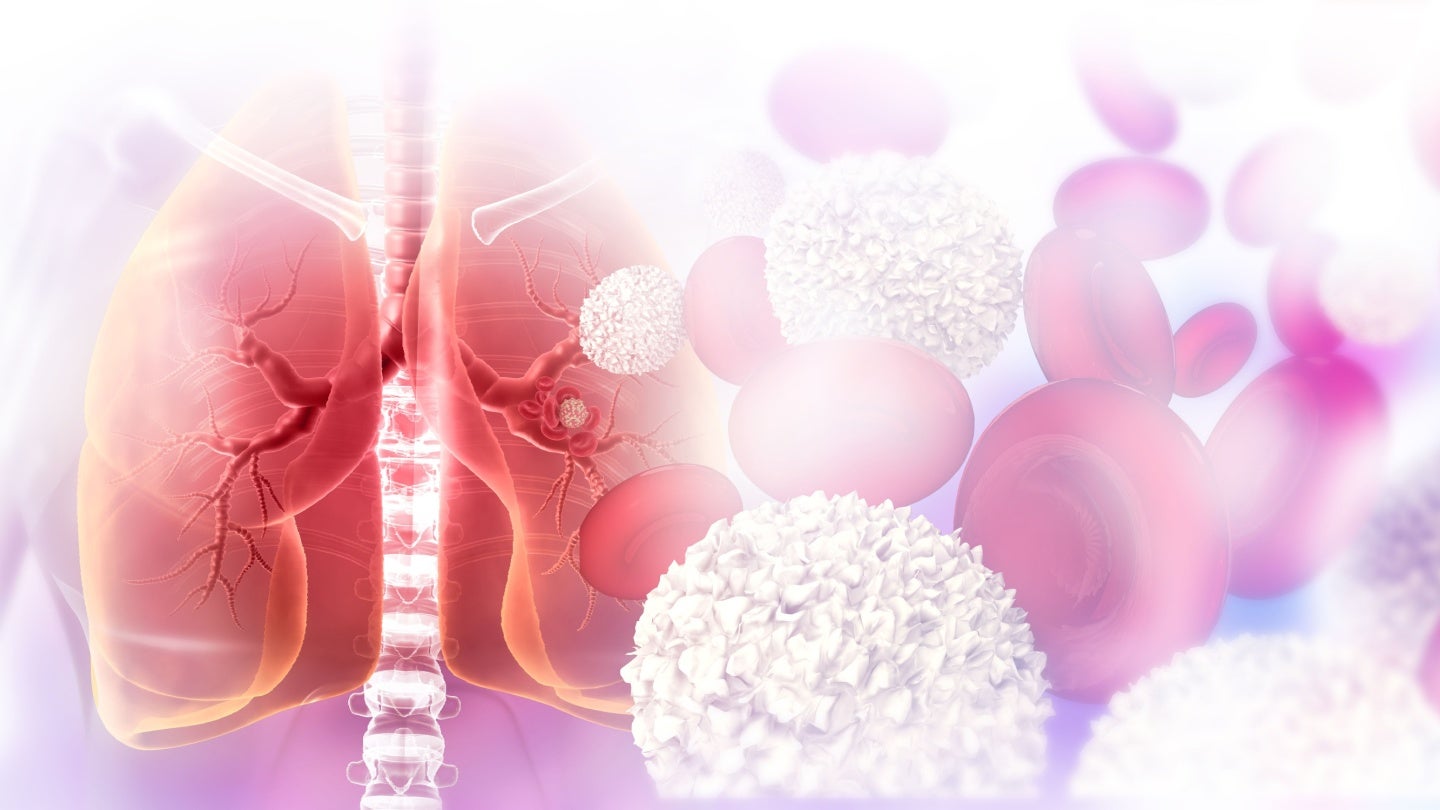Breakthrough Study Reveals Essential Mechanism for Sustained Immune Response in Cancer and Chronic Illness
Prolonged illnesses, such as cancer and chronic infections, can lead to a state of immune exhaustion, significantly compromising the body’s ability to fend off diseases. A critical component of the immune system, T cells, which are responsible for identifying and eliminating infected cells, may lose their functionality over time due to various forms of stress […]


Prolonged illnesses, such as cancer and chronic infections, can lead to a state of immune exhaustion, significantly compromising the body’s ability to fend off diseases. A critical component of the immune system, T cells, which are responsible for identifying and eliminating infected cells, may lose their functionality over time due to various forms of stress associated with these chronic conditions. A groundbreaking study conducted by researchers at the Peter Doherty Institute for Infection and Immunity and the Peter MacCallum Cancer Centre has revealed promising insights into fighting immune exhaustion which has long posed a challenge in treating such diseases.
In their recent publication in the esteemed journal Science Immunology, researchers elucidate the role of a rare class of T cells known as stem-like T cells. These cells play a pivotal role in bolstering long-lasting immune responses and combating the detrimental effects of immune exhaustion. They discovered that the endurance and effectiveness of these stem-like T cells hinge upon a specific protein known as ID3, which is produced by an associated gene. This discovery stands to redefine therapeutic approaches in treating chronic illnesses by enhancing the immune system’s resilience.
The presence of ID3+ T cells was found to bestow a unique set of capabilities upon the immune response. Not only do these T cells possess an intrinsic ability to self-renew, but they also exhibit exceptional resistance to exhaustion factors that typically impair the activity of other T cells. This characteristic allows these cells to maintain robust immune responses over extended periods, which could be pivotal in the context of chronic infections and oncological conditions.
Lead researcher Catarina Gago da Graça, a PhD candidate at the Doherty Institute, emphasized the significance of these findings. The research provides a promising avenue for addressing one of the most formidable challenges in treating chronic diseases: immune exhaustion. With the abilities of ID3+ T cells to withstand burnout, there is potential for more effective treatment options for patients suffering from long-standing infections or those battling cancer.
Moreover, the research team discovered that certain biological signals could be manipulated to increase the quantity of ID3+ T cells within the system. This pivotal insight could pave the way for the development of enhanced therapeutic options, including modifications to CAR T cell therapy. This innovative therapy has yielded transformative results in the treatment of specific cancers, yet it faces limitations when T cell activity declines due to exhaustion over time.
Professor Ricky Johnstone, the Executive Director of Cancer Research at Peter Mac and co-lead author of the study, remarked on the implications of enhancing ID3 activity. By boosting this protein’s presence in T cells, researchers can potentially fortify their endurance and efficacy within the immune system, leading to more durable treatment outcomes in cancer therapies.
The collaborative effort has shown that promoting the formation of ID3+ T cells by harnessing particular inflammatory signals offers a promising strategy to augment the population of immune cells that excel at combating cancer. This advancement could enhance clinical immunotherapy results, leading to improved prognoses for cancer patients navigating the challenges posed by their conditions.
Dr. Daniel Utzschneider, a laboratory head at the Doherty Institute, pointed out the broader implications of this research for advancing immunotherapy treatments and crafting vaccines capable of offering lasting protection. Exhausted immune cells represent a critical barrier when treating chronic diseases, and this research serves as a blueprint for revitalizing the immune system, improving health outcomes for individuals affected by cancer, as well as chronic viral infections like HIV and hepatitis B and C.
This study stands out not merely for its scientific breakthroughs but also for the collaborative network it has fostered. The initiatives at the Doherty Institute and the Peter MacCallum Cancer Centre were bolstered by partnerships with La Trobe University, Northwestern University in the USA, the Olivia Newton-John Cancer Research Institute, and the University of Birmingham in the UK, showcasing a unified effort to combat pressing health challenges.
The findings from this innovative research carry profound implications for the future of immunotherapy, posing a roadmap toward reinvigorating the body’s immune defenses. This could herald a new chapter in the treatment of chronic diseases, highlighting the importance of understanding the underlying mechanisms that contribute to immune behavior during protracted illnesses.
As this research continues to evolve, the hope is that these insights will translate into actionable therapeutic strategies targeting immune exhaustion. The performance of ID3+ T cells may very well serve as a foundation for novel immunotherapeutic approaches that empower patients suffering from chronic conditions, expediting recovery processes, and ultimately saving lives.
These promising findings also indicate the potential for pushing the frontier of cancer research forward, increasing our understanding of T cell biology, and prompting further exploration into stem-like T cell targeting mechanisms. Addressing immune exhaustion through scientific inquiry and innovative experiments may one day completely redefine how we approach treatment paradigms in oncology and infectious disease management.
Each piece of this research puzzle contributes to a larger picture, underpinning the necessities of collaboration in tackling complex health issues. In harnessing the power of stem-like T cells and the ID3 protein, the scientific community has taken significant steps toward fortifying immune defenses, heralding a brighter future for patients enduring chronic diseases and cancer.
This work not only enriches the existing body of knowledge but also signals a beacon of hope for therapeutic advancements that could provide long-lasting effects against debilitating health conditions. The time is ripe for further exploration of stem-like immune cells and how they may transform conventional approaches into pioneering therapies that provide definitive answers to some of humanity’s most pressing medical challenges.
Through this research, we may stand on the brink of a revolution in immunotherapy, promising newfound resilience against some of the toughest adversaries the human body faces in health and disease. With determination and ingenuity, the scientific community is poised to unlock the potential of these discoveries, crafting a future where chronic illnesses are met with powerful and enduring immune responses that can conquer adversity.
Subject of Research: Immune responses, T cell biology, immune exhaustion
Article Title: Stem-like memory and precursors of exhausted T cells share a common progenitor defined by ID3 expression
News Publication Date: 31-Jan-2025
Web References: N/A
References: Gago da Graça C, Sheikh A, Newman D et al. Stem-like memory and precursors of exhausted T cells share a common progenitor defined by ID3 expression. Science Immunology (2025). DOI: 10.1126/sciimmunol.adn1945
Image Credits: N/A
Keywords: Immunotherapy, T cells, cancer, immune exhaustion, chronic infections, ID3+ T cells, cellular immunity, science research
Tags: breakthrough study in immunologychronic illness immune exhaustioncombating immune exhaustion mechanismsID3 protein role in T cellsimmune response enhancementPeter Doherty Institute research findingsPeter MacCallum Cancer Centre studyprolonged illnesses and immune functionScience Immunology publication insightsstem-like T cells in cancer therapyT cell functionality in chronic infectionstherapeutic approaches for immune resilience
What's Your Reaction?


































